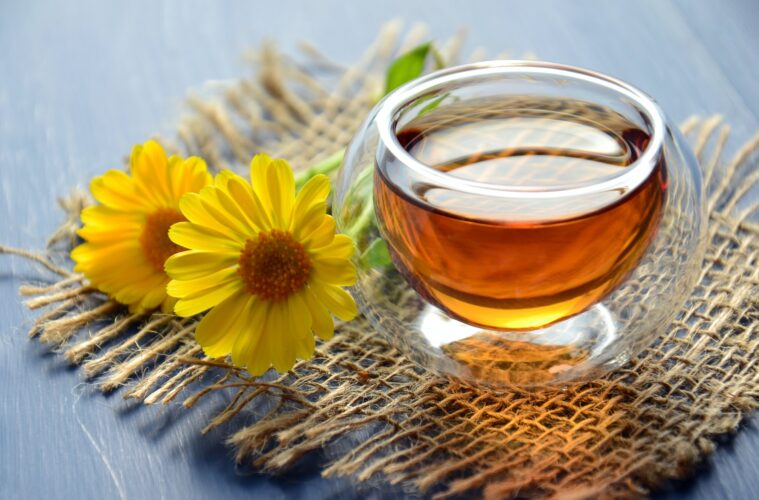If you enjoy using raw honey in your tea or to sweeten oatmeal or baked goods, you could be improving your health while enhancing the taste of your food. Raw honey has bee pollen in it which can lower the chances of infection and alleviate allergy symptoms. Raw honey is also beneficial for boosting the immune system.
How Much Honey Should You Consume?
Research indicates that you should consume a few tablespoons of honey each day for about eight weeks to see significant results, but you should consume honey based on the severity of your allergy symptoms. Since honey is a natural remedy, it may take a little longer for you to see relief from your symptoms than if you’re taking conventional allergy medication. Studies also show that honey can reduce symptoms of inflammation in the nasal cavity or allergic rhinitis. If you’re concerned about allergies, it might be worthwhile looking to see the cost of allergy testing.
Which Symptoms Can Honey Alleviate?
Raw honey helps reduce allergy symptoms like sneezing, itchy nose, and watery eyes. If you have difficulty breathing, headaches, or constant coughing due to allergies, adding honey to your treatment regimen could be helpful. Honey is also beneficial for soothing your throat if allergies are drying out your nasal passages or causing you to develop a dry cough. Since honey has antibacterial and anti-inflammatory properties, consuming honey during allergy season can keep your nose and eyes from becoming overly swollen. When you add honey to your beverages and meals, or take a spoonful of honey daily as a natural remedy, you may also find that you’re less likely to get colds since the honey can help to keep toxins out of your system.
The more honey you consume, the stronger your immune system will be, which means your body will likely have a weaker response to the pollen and allergens in your region. It’s a good idea to start consuming honey regularly a few weeks before allergy season in your city or state to strengthen your immune system and reduce your chances of experiencing allergy symptoms.
Additional Precautions
If you suffer from severe allergies, ask your doctor to order an allergy test for you to make sure you’re not allergic to honey or bees before starting a local honey regimen. It’s also a good idea to avoid your allergy triggers as much as possible. Keep your home free of dust and make sure you know which pet dander you’re allergic to so you’ll know which animals to stay away from. You should also change the filter in your air conditioner regularly to ensure you’re not breathing in harmful particles that could make your allergies worse.
Purchasing honey that was made in the same region where you live increases the chances that the honey will benefit you. Local honey can reduce your reaction to allergens in your city or state so you can enjoy the warm weather and avoid taking excess medication to get rid of allergy symptoms.
Be sure to speak with your doctor if you’re thinking about adding honey to your allergy treatment plan. Your doctor will offer practical advice and prescription options that will help you feel better during allergy season.

